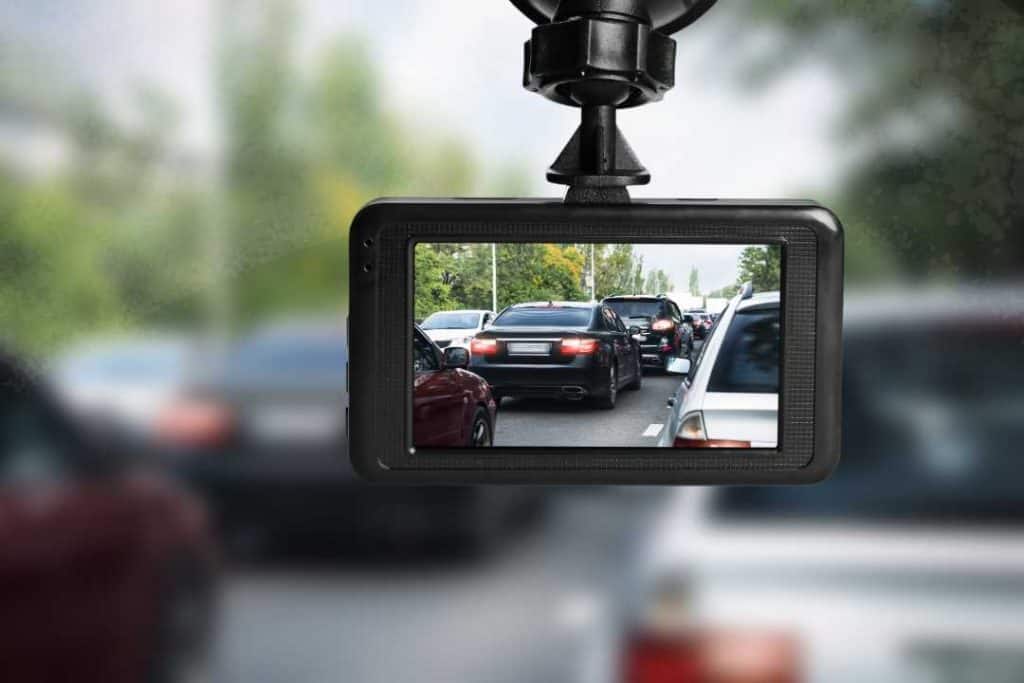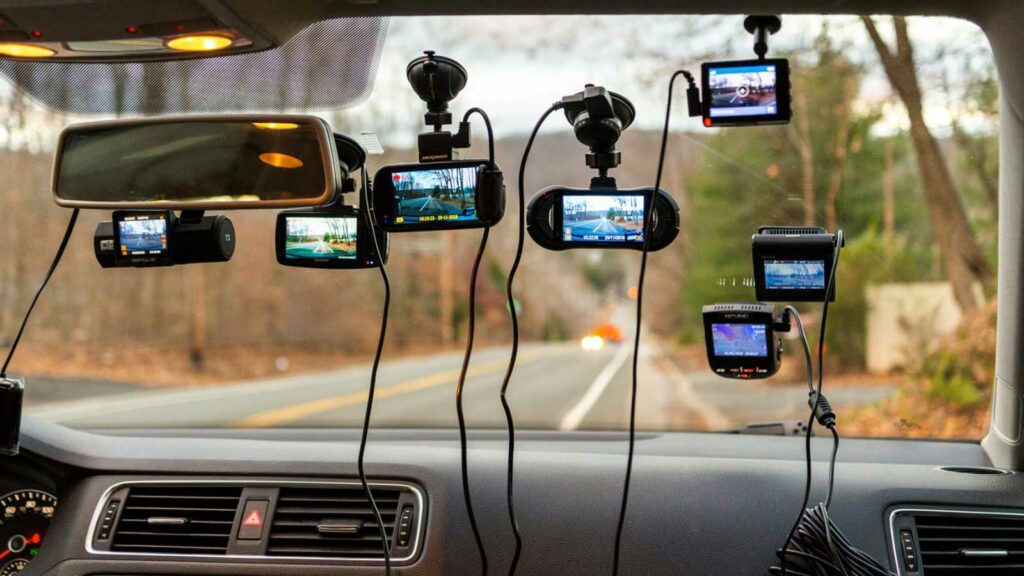Filenews 21 November 2025 - by Petros Afxentiou
The Transport Committee of the Parliament is trying to put an end to the legislative gap regarding the use of cameras inside vehicles (dash cams), by promoting a comprehensive proposal for a law that defines for the first time the framework for their installation and operation.
The aim is to ensure that their use does not violate the protection of personal data, while at the same time the recorded material can, under certain conditions, be used as evidence in court proceedings, a practice already established in several European states. The regulation is expected to fill significant gaps, at a time when more and more vehicles are circulating with built-in cameras.
What does the proposed law regulate?
The President of the Ecologists' Movement, Stavros Papadouris, spoke to filenews, who stated that a law proposal has been prepared, which has been submitted and is expected to be discussed next Thursday. "There are many vehicles that come with a built-in factory camera and circulate without a legislative framework."
He added that the proposed law will regulate the installation, operation and supervision of cameras inside vehicles to be legal. He clarified that in other countries this is already institutionalized and for this reason, new vehicles with built-in cameras are circulating. "However, cameras are not only found in new vehicles. Now, for €50, anyone can put a camera in their car," he said.
Mr. Papadouris underlined that the proposal will determine the installation, use and recording. He explained that for the installation there will be a relevant provision that will determine that it will not disturb the driver's field of vision. As for the use, it will be done in a way that will not create a problem or violate the General Data Protection Regulation.

How the cameras will work
He underlined that the cameras have a sensor called G-Sensor, which allows the user to record and store the video on a memory card, without the memory being unlimited. "If an incident occurs, the camera will be activated and recorded. This can be done, for example, in an incident of an attempted break-in of a vehicle. Thus, the perpetrator's movements will be recorded immediately."
He pointed out that the user will be able, through the software, to state that if the G-Sensor is activated, then the moments before and after the event will be recorded. "The recording is converted into a safety file, it will be automatically stored in memory without being deleted and under certain conditions, the court will be able to take into account the video and by decree it can be used as evidence."
A solution to the traffic problem from minor accidents
He clarified that this will also solve the issue raised by DISY MP, Dimitris Demetriou, regarding the movement of vehicles in the event of a minor accident. "As it seems, it was not adopted in practice. Now we will not be talking about photos, as there will be the video from the vehicle's camera. Thus, there will be no traffic jam, once the incident is recorded."
Mr. Papadouris noted that the important thing is when the material is stored by the camera and where this document will end up. "The aim is to help with documentation in a court, as is done abroad."
As he explained, by determining the mode of operation, the personal data of anyone moving on the road is also automatically secured. "We will make the legislation and the Commissioner for Personal Data Protection will have the opportunity to issue a directive on the use of cameras but also on the administrative fine in case of violation."
He noted that the proposed law does not only concern minor accidents, but also incidents of burglary, theft and even criminal acts.

In which countries are cameras used in vehicles
As mentioned above, the use of cameras in vehicles is widespread in many states. Cameras are allowed, and their hardware is often used as evidence in accidents. A brief survey on the internet shows that countries such as the UK, Australia, India, the US, Canada, and Russia are widely using the recording cameras.
In countries such as France, Germany, Spain, Italy, Sweden, Denmark, the Netherlands and Greece, cameras are allowed for personal use, but strict privacy rules apply regarding the publication of the material.
Countries with restrictions or bans
Some countries have strict privacy laws that restrict or even prohibit the use of cameras in public places. Some examples are Austria, Luxembourg, Portugal and Switzerland.
It is worth noting that, in almost all EU countries where cameras are allowed, the publication of the material online usually requires the blurring of faces and license plates, in order to comply with the General Data Protection Regulation.
